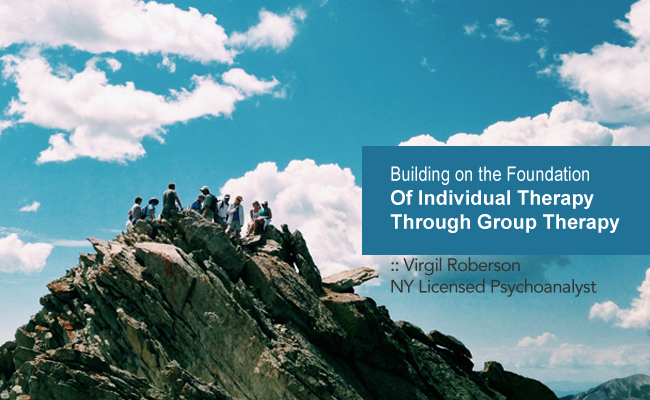By Virgil Roberson, L.P., M. Div., NCPsyA, Executive Director

During the past year, all of us have been forced to reckon with life as it is, rather than as we would like it to be. Some people have dealt more successfully with that challenge than others.
Some clients have been able to adjust to their new circumstances, even when it has involved significant loss; they’ve struggled through their emotions, whether grief, anger, or resentment, and have found acceptance. Many have shown admirable resilience by reinventing their business models, finding inventive ways to remain in touch with family and friends, and seeking creative outlets despite social distancing.
[Read more…]

